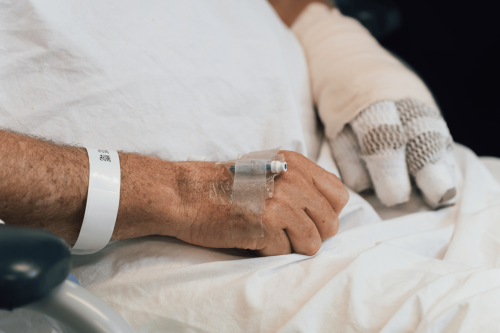Women’s Endocrinology Clinic filling gap for Victorians
_800_533.png)
A one-of-a-kind specialist endocrinology unit at The Alfred is playing a key role in supporting the reproductive health of Victorian women with complex health conditions – including those requiring transplant.
The Alfred’s Women’s Endocrinology Health Clinic, which provides specialist care for women with gender-specific hormonal disorders, is the only clinic within the state co-located with transplant services, filling a significant gap for women whose hormonal health has been affected by serious medical intervention such as bone marrow or lung transplantation.
“The impact of transplant, or many autoimmune and inflammatory diseases, on a woman’s reproductive health can be significant,” Endocrinologist Professor Susan Davis, clinic founder, said.
In particular, women as young as 16 may experience surgical or early menopause as a result of treatment preparing for transplantation.
“Being co-located with these teams mean we can work really closely to provide female patients with a much more comprehensive service – we understand exactly what’s happening for the patient across their healthcare journey.”
Prof Davis said women’s endocrinology is one of the most important aspects of female health.
“A woman’s reproductive health touches almost every area of her life,” Prof Davis said.
“It impacts everything from mood, fertility and cardiovascular risk to daily function and her ability to participate in work or study, exercise, recreation and relationships, as fully as she would like.”
Specialists at the clinic support women with a range of endocrinological conditions, such as polycystic ovarium syndrome, irregular or loss of menstruation, menstrual migraine, premenstrual dysphoric disorder and menopause.
“I love my job, and I love that we get to fill the gaps in women’s health that can have a life-changing impact,” Prof Davis said.
“We don’t save anyone’s life physiologically. But we make it a whole lot better.”


_500_333.jpg)
